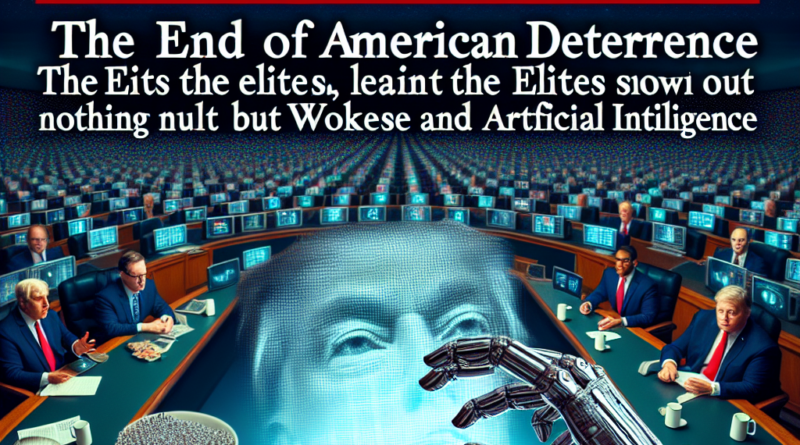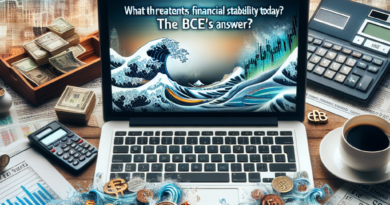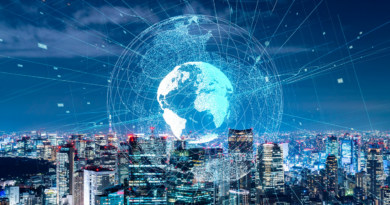The end of American deterrence: elites turn to wokeism and artificial intelligence
The cycle of history: a reflection on current international dynamics
History has a peculiar way of repeating itself, showcasing a never-ending cycle of events that seem to lead us back to the past.
The recent Ukraine’s attack on Kursk, Russian territory, unveils a surprising lack of resistance from Russia, raising eyebrows in the Western public opinion which supports Kiev’s government.
This echoes historical events like Napoleon’s and Hitler’s failed attempts to conquer Russia, emphasizing the country’s strategy of gradually weakening invaders as they penetrate its vast lands.
The ongoing war in Ukraine offers no prospects for a peace agreement, mirroring the relentless confrontation between Israel and Iran, with a looming threat to drag Lebanon into the mix.
Recent events, such as the Russian invasion starting on February 24, 2022, and Hamas’s terrorist activities on Israeli soil on October 7, 2023, mark a turning point in international relations.
The era of US deterrence and global order enforcement seems to have come to an end.
Redefining global power dynamics
The illusion of US unilateral dominance, following the USSR’s dissolution, faded quickly.
The events of 2001, including the 9/11 attacks and the intervention in Afghanistan, highlighted the challenge of stabilizing regions governed by non-state powers, resilient tribal structures, and deeply rooted identities.
The US’s struggle to establish control in vast territories showcased the limitations of Western influence and the complexity of global power dynamics.
The recent withdrawal from Afghanistan in 2021, after a twenty-year occupation, once again labeled the region as the “Graveyard of Empires,” recalling past defeats suffered by the British and the Soviet Union.
Empires often crumble due to internal dissent and unsustainable political and military efforts, alienating populations with perceived futile sacrifices.
Challenges of the present and future
Current geopolitical standoffs and unresolved conflicts underscore the inadequacy of international bodies like the UN in managing global crises effectively.
Contentious issues persist, from the Middle East conflicts to enduring African turmoil, reflecting a world where major powers struggle to find common ground.
As the Global South seeks new alliances, symbolized by the expanding BRICS+ group, the collective West grapples with environmental sustainability challenges and energy independence.
Shifts towards electric vehicles and artificial intelligence, once heralded as revolutionary, now face economic realities and technological limitations, exposing the fragility of Western economies.
These ongoing developments serve as a stark reminder of the intricate interplay between historical patterns, contemporary power struggles, and future uncertainties, shaping the course of global affairs in the 21st century.




